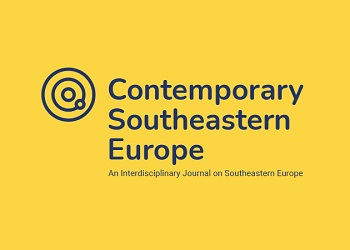Gender, Labour and Precarity in the South East European Periphery: the Case of Textile Workers in Štip
Gender, Labour and Precarity in the South East European Periphery: the Case of Textile Workers in Štip
Author(s): Chiara BonfiglioliSubject(s): Gender Studies, Customs / Folklore, Labor relations, Cultural Anthropology / Ethnology, Culture and social structure , Socio-Economic Research
Published by: Universität Graz
Keywords: Macedonia;textile industry;labour;gender;precarity;
Summary/Abstract: The paper investigates the living and working conditions of textile workers in the city of Štip (Macedonia). The textile industry was highly developed during socialist times, but underwent a process of decline after the Yugoslav break-up. While it still represents a relevant economic sector for post-socialist Macedonia, the textile industry is highly dependent on outsourced orders from Western Europe. Local workers’ living and labour conditions, therefore, are affected by the global ‘race to the bottom’ for production costs that is typical of the garment industry. On the basis of a series of interviews conducted in Skopje and Štip with workers and factory owners, the article argues that contemporary working conditions in the Macedonian textile industry are characterised by poor labour rights,gender discrimination and widespread precarity. In contrast to the current circumstances, working and living conditions during socialist times are positively remembered by workers, who claim that their social status and living standards have deteriorated in the course of the last twenty years.This narrative of precarity is also partially shared by local entrepreneurs,who emphasise the global and local obstacles that hinder the developmentof the textile industry in Macedonia.
Journal: Contemporary Southeastern Europe
- Issue Year: 1/2014
- Issue No: 2
- Page Range: 7-23
- Page Count: 17
- Language: English

